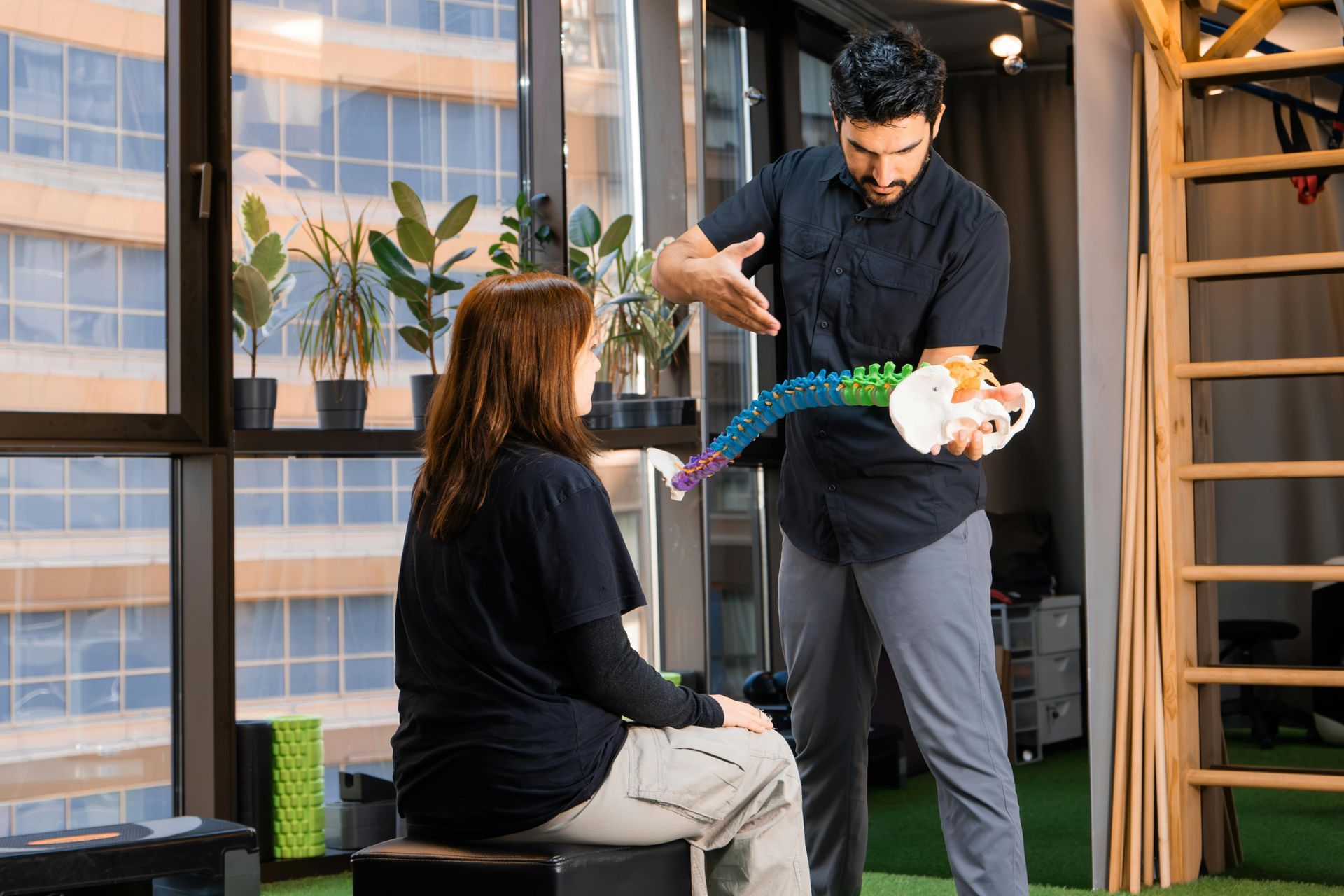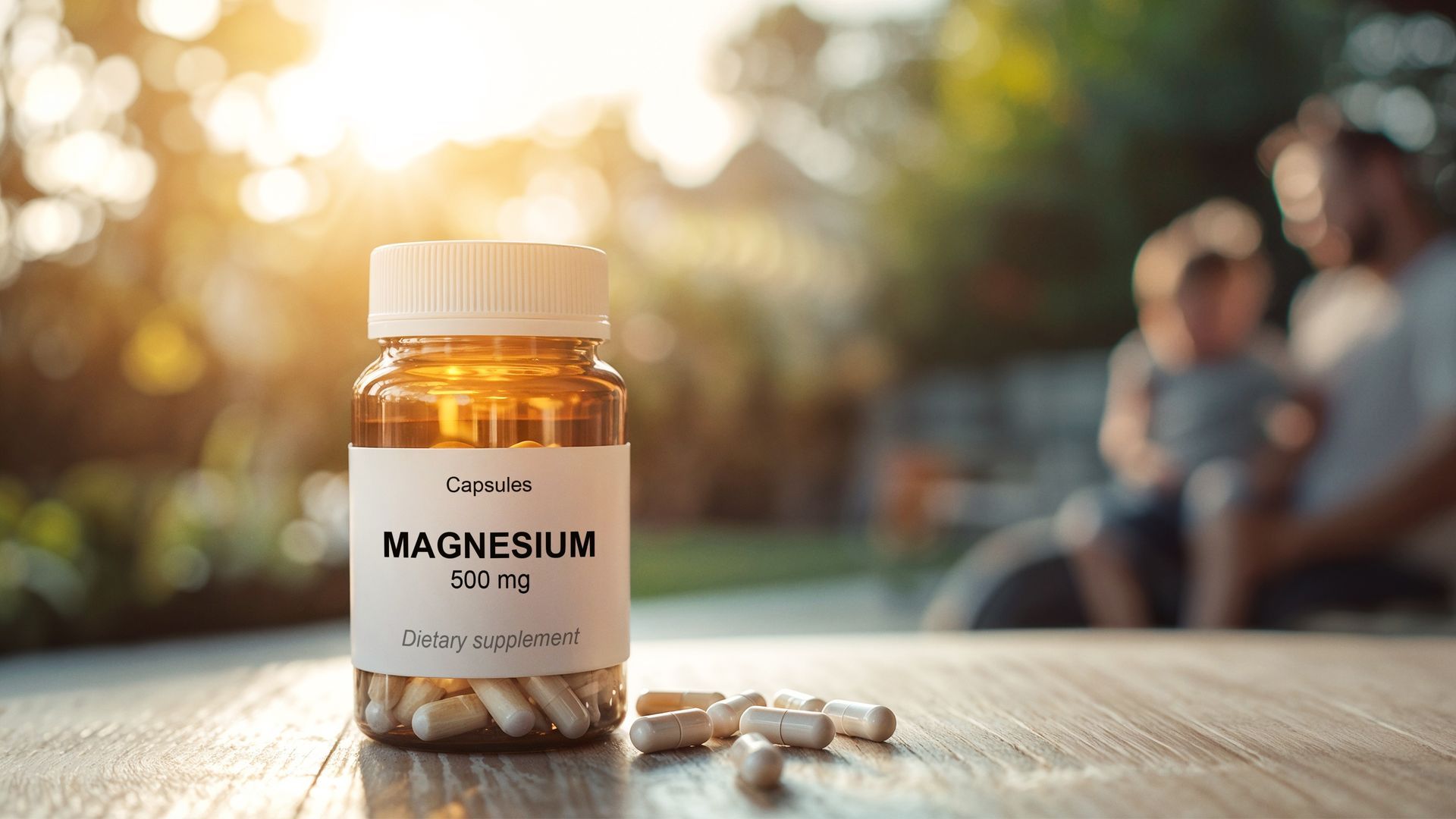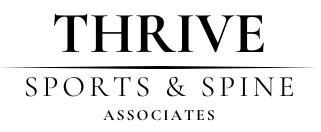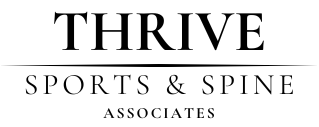Understanding Post-Concussion Syndrome
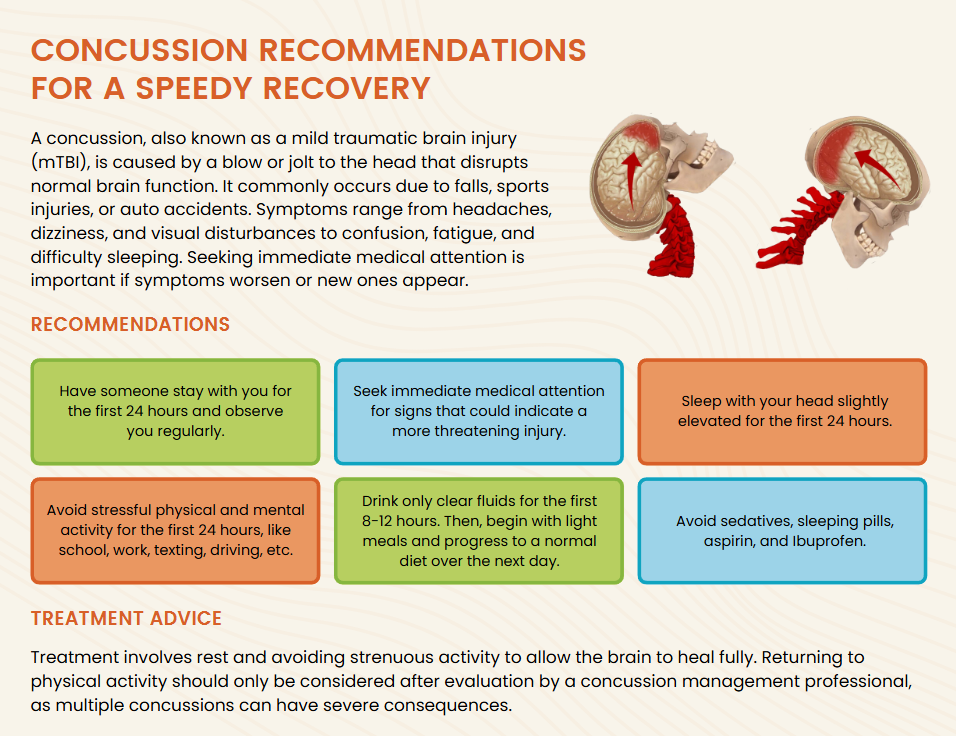
Most people experience ongoing symptoms after a head injury, but figuring out what’s really causing them can be tricky. Two conditions that often confuse patients and doctors are Post-Concussion Syndrome (PCS) and Functional Neurological Disorder (FND), including a type called Functional Cognitive Disorder (FCD). Both conditions involve lasting problems with thinking, emotions, and fatigue, but they come from different causes and need different treatments.
PCS happens after a mild traumatic brain injury (like a concussion). People with PCS may have headaches, dizziness, trouble concentrating, mood changes, and tiredness. Even if scans and tests look normal, these symptoms can stick around for months or more. Research shows that the way people think and feel before and after their injury can affect how long PCS lasts. For example, traits like anxiety and depression may make symptoms worse or last longer.
FND causes symptoms like weakness, seizures, or problems thinking that don’t match any known brain disease. FND is common and often linked to stress, past trauma, or emotional difficulties. Unlike PCS, FND symptoms can sometimes improve with the right therapy that focuses on the mind-body connection.
Both PCS and FND can cause issues with memory, attention, and mood, and both conditions often happen in people who have experienced trauma or mental health challenges. Brain imaging studies show that both have changes in similar brain areas responsible for emotion and attention. Doctors now think of PCS and FND as part of a spectrum, not completely separate problems.
Understanding these conditions helps doctors, therapists, and chiropractors like those at Thrive Sports & Spine better diagnose and treat patients with persistent symptoms after a head injury. Early recognition and a personalized treatment plan can improve rec
If you or a loved one have ongoing problems after a concussion like memory trouble, headaches, or fatigue, getting the right diagnosis is key. At Thrive Sports & Spine, our team uses the latest research to understand your symptoms fully. We combine physical treatments with therapies that address emotional and cognitive health to help you heal better and faster.
Don’t let confusing symptoms hold you back. Visit
www.thrivesportsandspine.info
or call us to schedule a consultation tailored to your needs.




